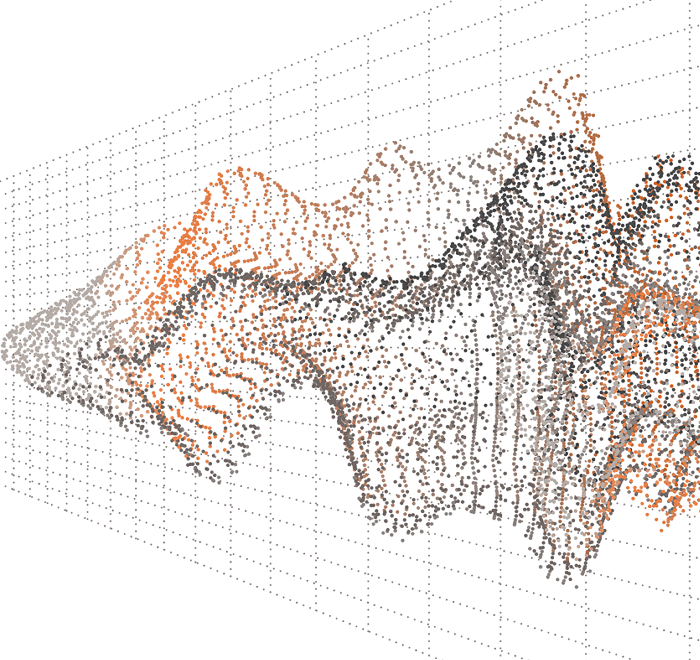Quality data and rigorous analysis are the foundations of great research. NORC's Analytics and Data Science team helps clients with inputs and insights, using a broad range of statistical methods, information checks, data linkages, and programming languages to maximize data quality and utility.
Our experts formulate the design and methodology of surveys and advise on the best strategy for executing them. Once raw data is collected, we use a broad range of statistical computing and programming languages to assess its quality, fill in the gaps through inferential methods, subject it to rigorous quantitative and Bayesian analysis, weight the results, and package the findings in a variety of ways that make the results readily accessible to end users, researchers, and the general public.




